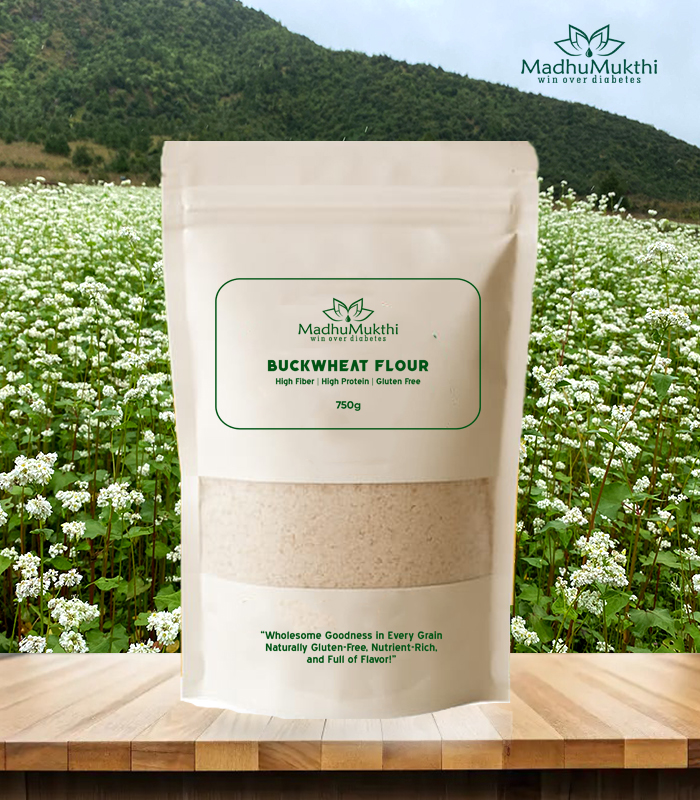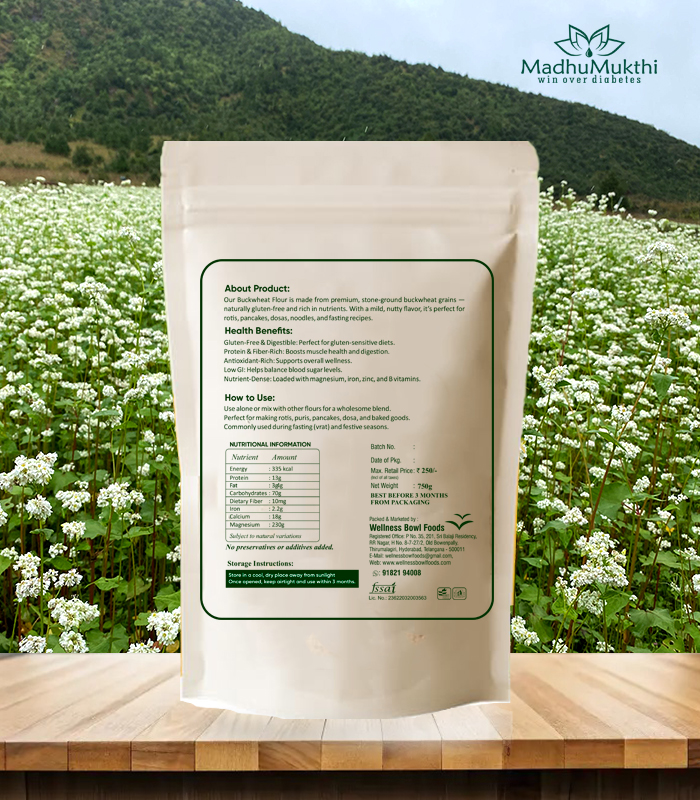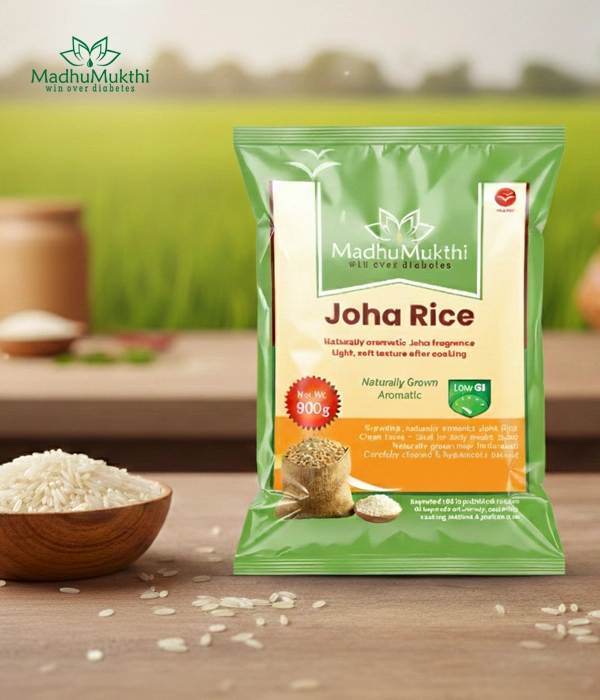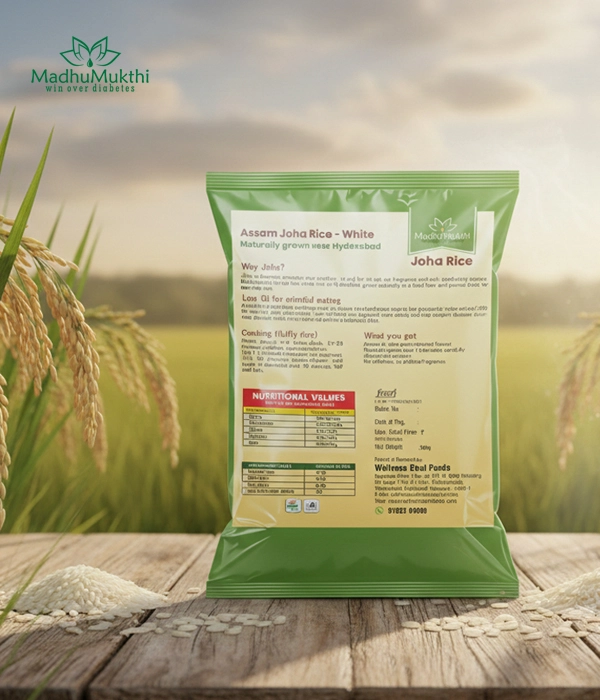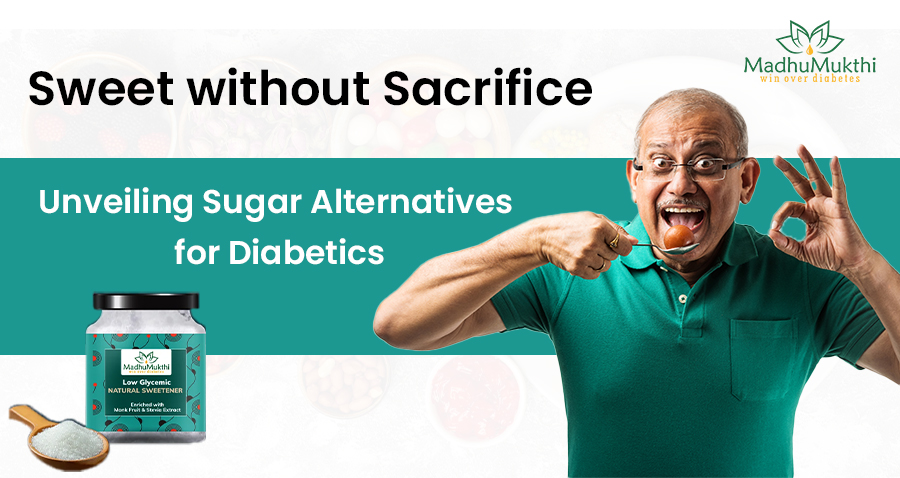
Sweet without Sacrifice: Unveiling Sugar Alternatives for Diabetics

Living with diabetes often means making significant dietary changes to manage blood sugar levels effectively. One of the most challenging adjustments for many is reducing or eliminating sugar consumption. Thanks to advancements in food science, there are now healthier options available to satisfy sweet cravings without compromising health. Here, we will discuss some of the healthy sugar alternatives. We will focus on natural sweeteners that will help to manage sugar levels and improve gut health.
Why Sugar Alternatives for Diabetics Are Important?
Before delving into specific sugar substitutes, it’s crucial to understand why traditional sugar poses challenges for individuals with diabetes. Regular table sugar, or sucrose, quickly raises blood glucose levels after consumption. For diabetics, this rapid spike can lead to complications in managing their condition, potentially causing dangerous fluctuations in blood sugar levels.
Moreover, excessive sugar consumption will cause various health issues beyond diabetes, like obesity, heart disease, and also poor gut health. The latter is particularly noteworthy as emerging research suggests a strong connection between gut health and overall well-being. Excessive sugar consumption can disrupt gut bacteria balance, leading to inflammation and digestive issues.
Given these concerns, finding alternatives to sugar becomes imperative for diabetics looking to manage their condition effectively while supporting their overall health.
Understanding the Sweet Landscape:
Before diving in, let’s clear some confusion. Sugar alternatives fall under two main categories:
Nutritive Sweeteners: These contain calories and some nutrients like vitamins or minerals. Examples include:
- Honey: A natural sweetener with a unique taste and antibacterial properties, but still raises blood sugar.
- Maple Syrup: Adds depth of flavor with antioxidants, but use sparingly due to its high sugar content.
- Stevia: Derived from a plant, stevia is calorie-free and doesn’t raise blood sugar, but some find its aftertaste bitter.
Non-nutritive Sweeteners: These contain very few or no calories that don’t lead to raising blood sugar significantly. Examples include:
- Sucralose (Splenda): A popular artificial sweetener with a clean taste, but some studies raise concerns about gut microbiome disruption.
- Aspartame (Equal): Another popular option, but some individuals report side effects like headaches or dizziness.
- Erythritol: A sugar alcohol naturally found in fruits and fermented foods, offering a cool, minty taste without affecting blood sugar.
The Gut Health Connection:
In addition to managing blood sugar levels, choosing the right sugar alternatives can also support gut health, which is crucial for overall well-being. Certain sweeteners, such as stevia and monk fruit extract, are not only low calorie sugar but also do not promote the growth of harmful bacteria in the gut, unlike sugar. By reducing the consumption of sugar and opting for these natural sweeteners instead, individuals with diabetes can help maintain a healthy balance of gut bacteria, which is essential for proper digestion, nutrient absorption, and immune function.
Natural Gut-Friendly Sweeteners for Diabetics:
- Stevia: Derived from the leaves of the Stevia plant, stevia is a popular natural sweetener with zero calories sugar and minimal impact on blood sugar levels. It’s much sweeter than sugar, so only a small amount is needed to achieve the desired level of sweetness. Stevia is available in various forms, including liquid drops and powdered extracts, making it versatile for use in beverages, baked goods, and other recipes. Studies suggest it may even have anti-inflammatory properties and promote healthy gut bacteria.
- Monk Fruit: Another natural sweetener gaining popularity is monk fruit extract. It’s derived from the monk fruit, a small green gourd native to Southeast Asia. Monk fruit extract contains antioxidants called mogrosides, which provide its sweet taste without the need for added sugars. It can be used similarly to stevia in cooking and baking. This sweetener is 150-200 times sweeter than sugar with zero calories and no blood sugar impact. Research is ongoing, but some studies indicate potential benefits for gut health.
- Erythritol: Erythritol is a sugar alcohol that occurs naturally in fruits and fermented foods. It has about 70% of the sweetness of sugar but only around 6% of the calories. Erythritol does not affect blood sugar or insulin levels and is well tolerated by most people, excessive consumption can cause digestive discomfort in some individuals.
- Xylitol: Another sugar alcohol, xylitol, is commonly found in fruits and vegetables and has been used as a sugar substitute for decades. It has a similar sweetness to sugar but with fewer calories and a lower glycemic index, meaning it has a minimal impact on blood sugar levels. Xylitol also has the added benefit of promoting dental health by inhibiting the growth of cavity-causing bacteria.
- Allulose: Another sugar alcohol, allulose occurs naturally in small amounts in some fruits and is about 70% as sweet as sugar. Research suggests it may positively impact gut microbiota and offer prebiotic benefits.
Even gut-friendly sweeteners can contribute to weight gain if consumed excessively. Always prioritize whole foods and prioritize natural, minimally processed options whenever possible.
Artificial Sweeteners:
While natural sweeteners offer certain benefits, they may only sometimes be readily available or fit seamlessly into recipes. Artificial sweeteners fill the gap:
- Sucralose (Splenda): This zero-calorie sweetener is hundreds of times sweeter than sugar and doesn’t raise blood sugar. It’s heat-stable, making it suitable for baking.
- Aspartame (Equal): This zero-calorie sweetener is about 200 times sweeter than sugar and doesn’t raise blood sugar. However, it has been subject to some controversy, and its safety is still debated.
- Saccharin (Sweet’N Low): This zero-calorie sweetener is about 300 times sweeter than sugar and doesn’t affect blood sugar. However, it can have a metallic aftertaste.
Choosing the Right Sweetener:
With so many options, choosing the right one can be overwhelming. Consider these factors:
- Sweetness level: Some sweeteners are much sweeter than others, requiring less to achieve the desired taste.
- Aftertaste: Some sweeteners have a noticeable aftertaste, which may not be palatable for everyone.
- Glycemic impact: While most sugar alternatives don’t raise blood sugar, some may have a slight effect. Consult your doctor for personalized advice.
- Ingredient sourcing and processing: If you prefer natural options, research the sourcing and processing methods of different sweeteners.
- Personal preference: Ultimately, the best sweetener is the one you enjoy the most and fits your dietary needs.
Beyond Gut Health – Other Factors to Consider:
While natural sugar alternatives offer a valuable tool, managing diabetes goes beyond just replacing sugar. Maintaining a healthy gut microbiome is crucial for overall well-being and blood sugar control. Consider these additional factors:
Sweetness intensity: Different sweeteners vary in sweetness, so adjust quantities accordingly to maintain the desired taste.
Aftertaste: Some sweeteners have aftertastes, so experiment to find options you enjoy.
Cooking suitability: Not all alternatives perform well in baking or high-heat cooking. Research their properties before using them in recipes.
Potential side effects: While generally safe, some sweeteners may cause digestive issues in some individuals.
Incorporate prebiotic and probiotic-rich foods: These nourish good gut bacteria, promoting a healthy balance.
Focus on fiber-rich foods: Fiber helps regulate digestion and promotes satiety, contributing to healthy blood sugar management. Choose whole grains, fruits, and vegetables
Limit processed foods and sugary drinks: These can disrupt gut health and contribute to inflammation, making it harder to manage diabetes.
Stay hydrated: Drinking plenty of water helps with digestion and nutrient absorption, which is essential for a healthy gut.
Unleashing Your Inner Sweet Tooth:
Now, the fun part! Here are some practical ways to incorporate these alternatives into your balanced diabetic diet:
Sweeten your coffee or tea: Experiment with stevia drops, monk fruit extract, or erythritol powder to find your perfect sweetness level.
Bake delicious treats: Use erythritol or monk fruit in baking for guilt-free cookies, cakes, and muffins.
Ditch sugary beverages: Opt for unsweetened tea, water with a squeeze of lemon, or sparkling water with a splash of natural sweetener.
Boost your yogurt: Add a sprinkle of stevia powder or a dollop of low-sugar, high-protein yogurt with berries for a satisfying snack.
Conclusion
Managing diabetes requires attention to diet, reducing sugar intake, and opting for healthier alternatives like stevia, monk fruit extract, erythritol, and xylitol. Madhumukthi, a natural sweetener from Stevia leaves, is gaining popularity for its benefits in diabetes management. Other options include sugar free powder, sugar free glucose, and various sugar free products. With the right approach to nutrition, you can enjoy sweet treats without compromise.

